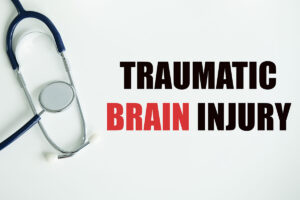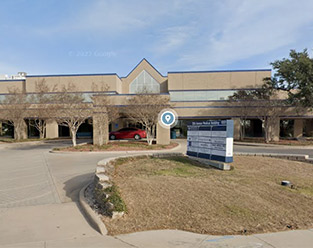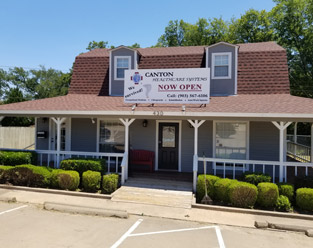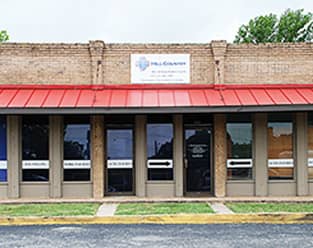Steps You Can Take To Give Yourself the Best Chance of Maximum Recovery
 According to data collected by the Centers for Disease Control (CDC), more than 200,000 Americans seek treatment every year for moderate or severe traumatic brain injuries, and nearly 70,000 die because of their injuries. The actions you take in the immediate aftermath of any type of head injury can make a significant difference in your potential outcome. Here are the most important things to do when you’ve had any type of bump or blow to the head.
According to data collected by the Centers for Disease Control (CDC), more than 200,000 Americans seek treatment every year for moderate or severe traumatic brain injuries, and nearly 70,000 die because of their injuries. The actions you take in the immediate aftermath of any type of head injury can make a significant difference in your potential outcome. Here are the most important things to do when you’ve had any type of bump or blow to the head.
Stop Whatever You Are Doing
Contrary to popular belief, almost any level of bump or blow to the head can lead to a moderate or severe TBI. You don’t need to lose consciousness for a head injury to change your life permanently and dramatically. A bump or blow to the head is never something to ignore, minimize, or try to shake off. You don’t ever want to try to prove how tough or strong you are—there’s simply too much at stake. Whether you’re playing sports or at work, or you’ve slipped and fallen or been in a motor vehicle accident, don’t pretend that nothing happened.
Get the Medical Care You Need
Your health needs to be your primary concern. If you’re conscious, take a quick assessment of the severity of your injury. Are you bleeding from the head? Are you able to stand up without dizziness, vertigo, or loss of balance or coordination? If at all possible, stay right where you are until emergency responders arrive. You may feel okay, but could be jeopardizing your health with any unnecessary movement.
Depending on the severity of your injury, you may want to go to the nearest emergency room. Don’t try to take yourself there—with a head injury, your motor and sensory skills can often be compromised. Be willing to travel to the hospital by ambulance, if necessary.
Even if it feels like a minor bump or blow to the head, and you feel confident about your ability to engage in the ordinary activities of daily life, you should immediately schedule an appointment to see your primary care physician, who will have the tools and skills to accurately assess your medical condition. Your doctor may then prescribe and monitor a regimen of care, or may instead refer you to a neurologist or physiatrist for specialized care.
Follow Your Doctor’s Advice
Your doctor will know when you are ready to go back to work or return to your ordinary daily activities. Until your doctor clears you, don’t engage in taxing physical or mental activities, as that could hamper your recovery or lead to complications. Most likely, your doctor will recommend that you gradually and progressively return to normal activities. In addition, your physician may recommend physical therapy or rehabilitation. Get as much as you can out of it. The harder you work at physical therapy, the better your recovery should be.
Get Plenty of Rest
Resist the urge to jump back into your pre-injury life. You’ve likely suffered a serious injury and your body and brain need time to heal. Try to maintain consistent sleep patterns and avoid activities that demand too much from you, either mentally or physically.
Contact Us To Set Up an Appointment With Knowledgeable Medical Personnel
At Advantage Healthcare Systems, we have extensive experience working successfully with people who have suffered any type of traumatic brain injury. We have the tools and experience to fully assess your injuries and either recommend and monitor a regimen of care or refer you to a specialist, such as a neurologist or psychiatrist. Call us toll-free at 1-877-487-8289 or fill out the form provided below to schedule an assessment. We offer locations across Texas, including Fort Worth, Dallas, and San Antonio.





